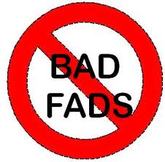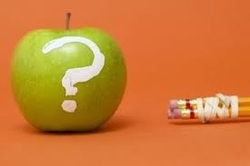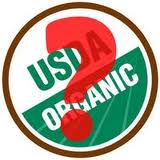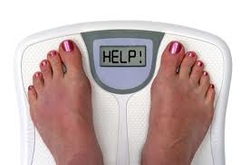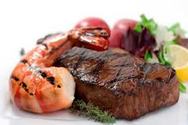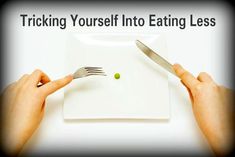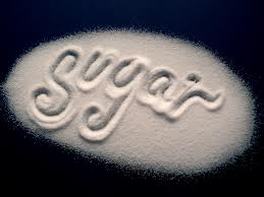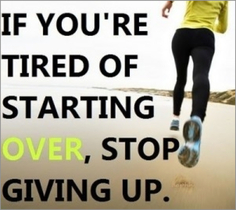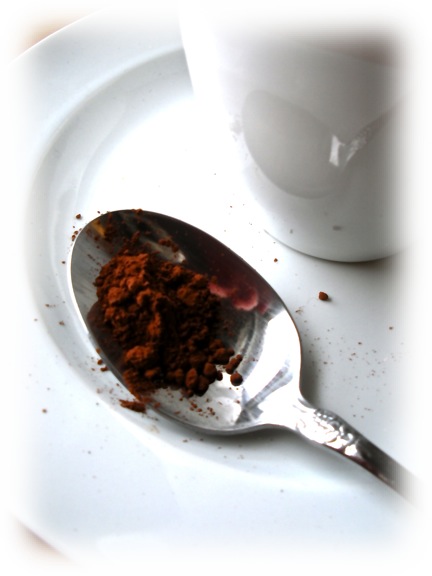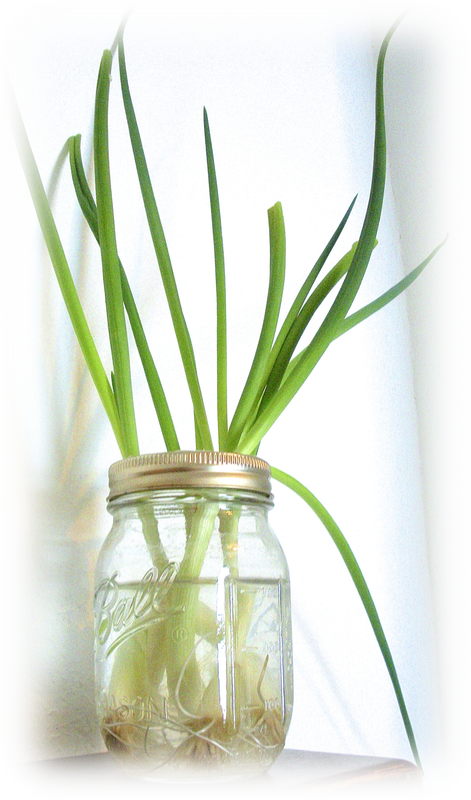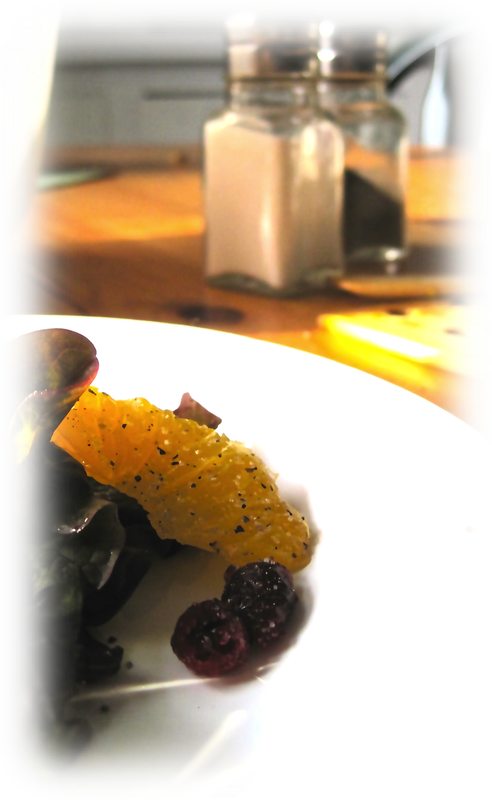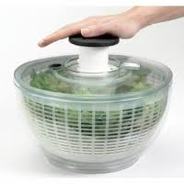
If you haven't cooked often its hard to know what to get for your kitchen and shopping can be overwhelming when there are so many kitchen gadgets! If you are trying to stock a new kitchen and trying to be healthy it gets just plain confusing. So, for all of you who either don't cook and want to start OR for those of you who want to start cooking healthier here are a few must haves for a healthy eating kitchen.
1. Salad spinner: I use it to wash not only for leafy greens but basically all my produce. It makes lettuce last longer because it doesn't get too wet (and then wilt) when you wash it and it makes washing all other produce so much easier.
2. Chef knife: You'll be chopping a lot of produce and nothing makes it easier than a good, sharp 8" chef knife. Make sure you keep it nice and sharp so it is easy to use.
3. Storage containers: A good set of tupperware is a must have. You'll need it to store all your delicious, healthy goodness and keep it nice and fresh.
4. Spice wrack: Healthy eating is all about enjoying the real flavors of food (which we usually miss because we slather things in salt, butter and/or sugar). Part of enhancing the natural flavor in food is using herbs and spices. You'll be surprised at how good healthy tastes when you season properly.
5. Menu planner: Healthy eating is impossible if you don't have a plan. Have a menu planner to help you save money, waste less, and eat better. It really works. For more info on that go here.
6. Oil mister: Helps you get enough oil to do the job, but not so much you are getting excess fat. Its great for greasing pans, putting a little oil on salads, adding extra flavor and mouth feel to vegetables and oiling bread dough. I'll be honest, I don't have one yet, but it is on my wish list.
7. Blender: I can't tell you how handy it is to have a blender. I use it for chopping and mixing so many things. Like my alfredo, avocado sauce, and tomato soup.
8. Handheld shopper: If you are new to cooking and your knife skills aren't that great this is the gadget for you. You roughly chop the produce, throw it in, and simply push down the top until it has chopped it as small as you want. My husband loves using it.
9. Kitchen scissors: I use mine to chop herbs, open tofu packages, trim fat off meat and a million other things. They are such an simple addition but they really are worth adding to your kitchen's gadget collection.
10. Small plates: The sizes of your dishes really determines how much you pile on your plate. Keep your dinner plates and bowls small and you'll eat less without even trying.
1. Salad spinner: I use it to wash not only for leafy greens but basically all my produce. It makes lettuce last longer because it doesn't get too wet (and then wilt) when you wash it and it makes washing all other produce so much easier.
2. Chef knife: You'll be chopping a lot of produce and nothing makes it easier than a good, sharp 8" chef knife. Make sure you keep it nice and sharp so it is easy to use.
3. Storage containers: A good set of tupperware is a must have. You'll need it to store all your delicious, healthy goodness and keep it nice and fresh.
4. Spice wrack: Healthy eating is all about enjoying the real flavors of food (which we usually miss because we slather things in salt, butter and/or sugar). Part of enhancing the natural flavor in food is using herbs and spices. You'll be surprised at how good healthy tastes when you season properly.
5. Menu planner: Healthy eating is impossible if you don't have a plan. Have a menu planner to help you save money, waste less, and eat better. It really works. For more info on that go here.
6. Oil mister: Helps you get enough oil to do the job, but not so much you are getting excess fat. Its great for greasing pans, putting a little oil on salads, adding extra flavor and mouth feel to vegetables and oiling bread dough. I'll be honest, I don't have one yet, but it is on my wish list.
7. Blender: I can't tell you how handy it is to have a blender. I use it for chopping and mixing so many things. Like my alfredo, avocado sauce, and tomato soup.
8. Handheld shopper: If you are new to cooking and your knife skills aren't that great this is the gadget for you. You roughly chop the produce, throw it in, and simply push down the top until it has chopped it as small as you want. My husband loves using it.
9. Kitchen scissors: I use mine to chop herbs, open tofu packages, trim fat off meat and a million other things. They are such an simple addition but they really are worth adding to your kitchen's gadget collection.
10. Small plates: The sizes of your dishes really determines how much you pile on your plate. Keep your dinner plates and bowls small and you'll eat less without even trying.
